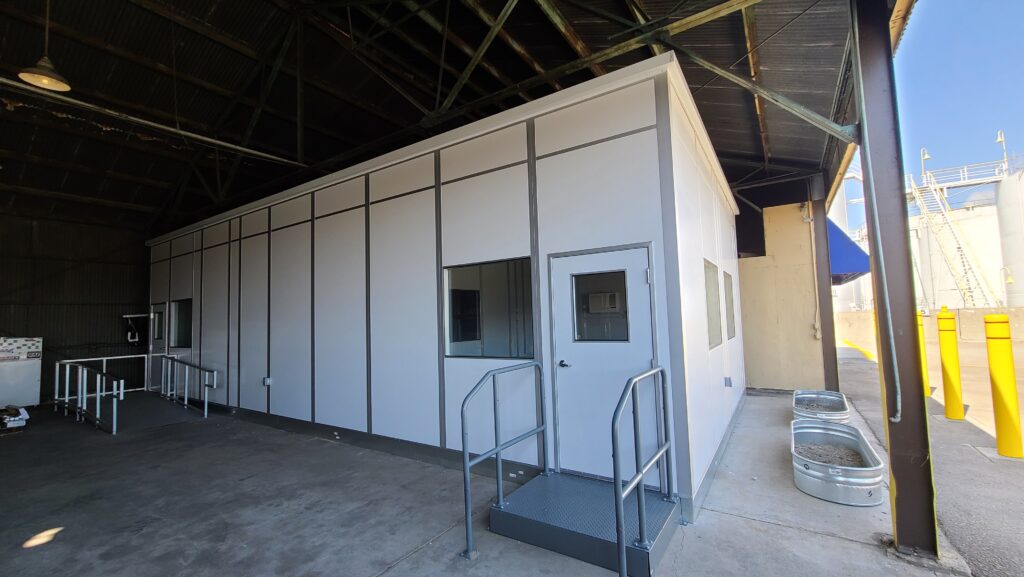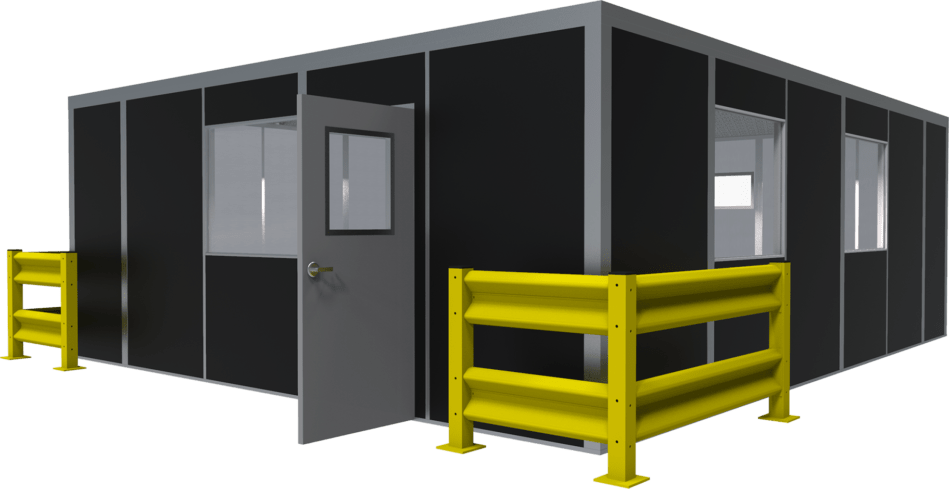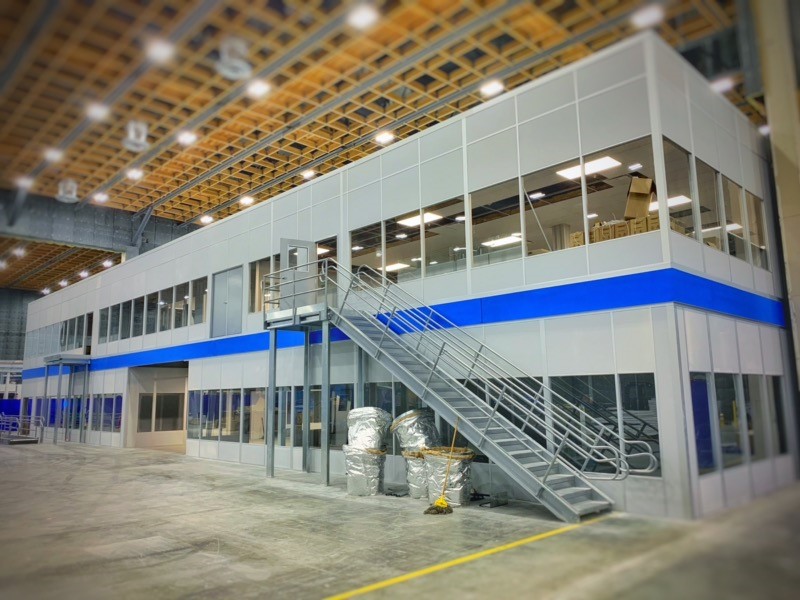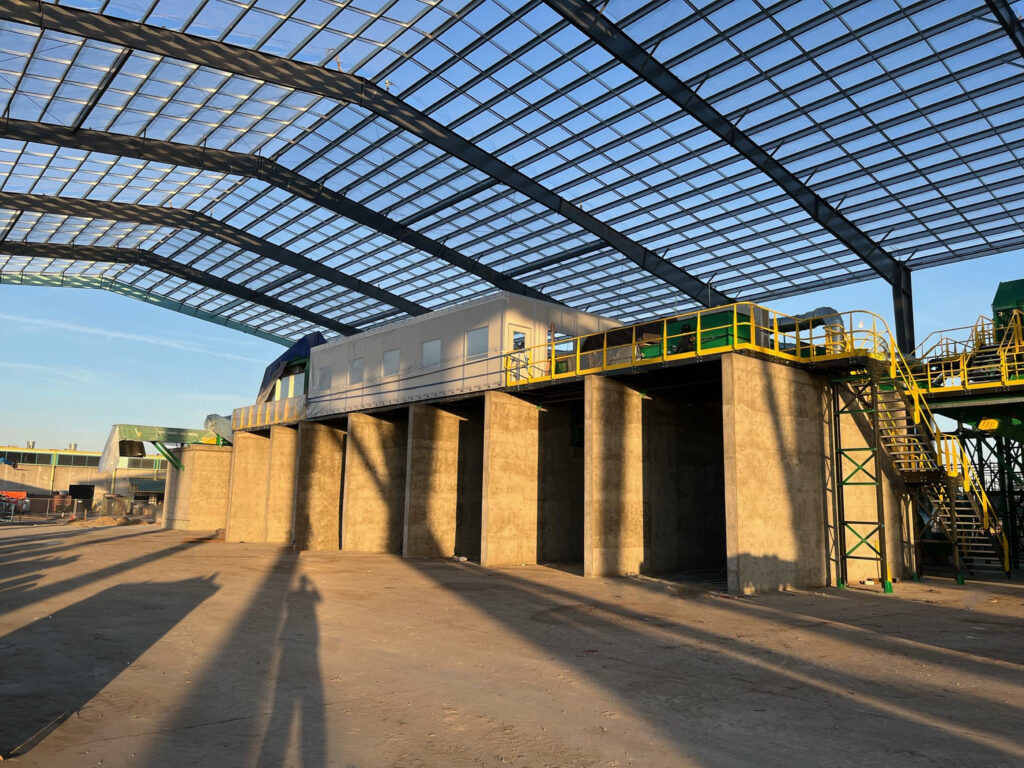How Modular Buildings Champion Eco-Friendliness
Modular buildings are stepping into the spotlight as a green solution in the construction industry. Their rise in popularity isn’t just a trend; it’s a response to the urgent need for sustainable practices. In this article, we’ll delve into the eco-friendly aspects of modular buildings, highlighting why they’re not just the future of construction but a necessity for a greener planet.
Understanding Modular Construction
Before we dive into the environmental benefits, let’s quickly define what modular buildings are. Modular construction involves prefabricating building sections, or modules, in a factory setting. These modules are then transported to the construction site and assembled to form a complete structure. This innovative approach contrasts with traditional construction methods, which involve building structures from the ground up at the site.
Reduced Waste: A Cornerstone of Sustainability
Precision and Planning
One of the most significant eco-friendly attributes of modular construction is its ability to minimize waste. The factory setting allows for precise measurements and controlled cuts of materials, reducing excess and misuse. This meticulous approach ensures that only the necessary amount of material is used, significantly lowering the waste that typically accumulates on traditional construction sites.
Recyclability and Reusability
Moreover, the off-site construction process facilitates better sorting and recycling of waste materials. Unused materials can be easily redirected to other projects or recycled, further reducing the environmental footprint. The modular units themselves can be designed for reuse and adaptability, enabling buildings to be disassembled and reconfigured for new purposes, thus extending their lifecycle and reducing the need for new materials.
Energy Efficiency: Building for a Greener Tomorrow
Enhanced Insulation
Modular buildings are often recognized for their superior energy efficiency. The controlled factory environment allows for the precise installation of insulation and more airtight construction, leading to better thermal performance. This means less energy is required to heat or cool the building, resulting in lower energy consumption and reduced greenhouse gas emissions.
Innovative Design for Energy Savings
The design flexibility of modular construction also plays a crucial role in energy efficiency. Modular buildings can be designed with energy-saving features, such as solar panels, green roofs, and energy-efficient windows, from the outset. These integrated solutions contribute to the sustainability of the buildings, making them not only eco-friendly but also cost-effective in the long run.
Reducing Carbon Footprint: A Step Towards Climate Action
Less On-Site Activity
The modular construction process significantly reduces the duration and intensity of on-site activities. This reduction leads to fewer emissions from construction equipment and machinery, contributing to a lower carbon footprint. Additionally, the transportation of fully constructed modules is often more efficient than transporting raw materials to a site, further reducing carbon emissions.
Sustainable Material Use
Modular buildings frequently utilize sustainable materials, such as responsibly sourced timber, recycled steel, and low-impact concrete alternatives. The emphasis on green materials not only lessens the environmental impact but also promotes healthier indoor environments for occupants.
Embracing the Future with Modular Construction
The shift towards modular buildings is more than just an industry trend; it’s a crucial step towards sustainable development. By reducing waste, enhancing energy efficiency, and minimizing carbon emissions, modular construction presents a compelling case for being the eco-friendly building method of choice. As we continue to confront the challenges of climate change and environmental degradation, adopting practices like modular construction becomes not just beneficial but imperative for a sustainable future.




